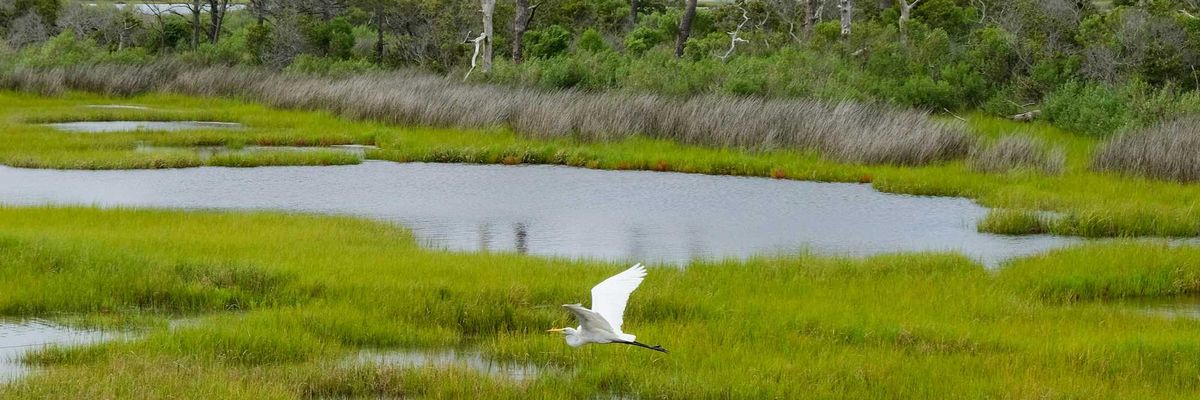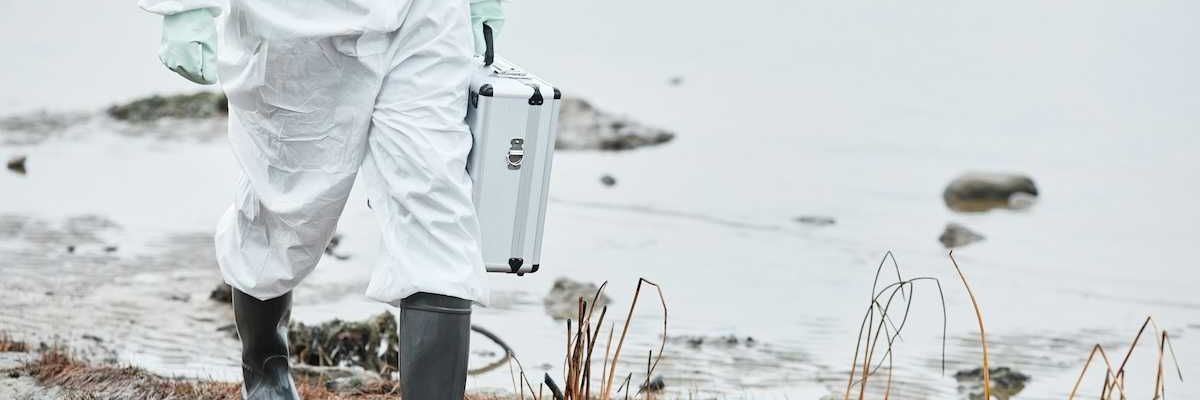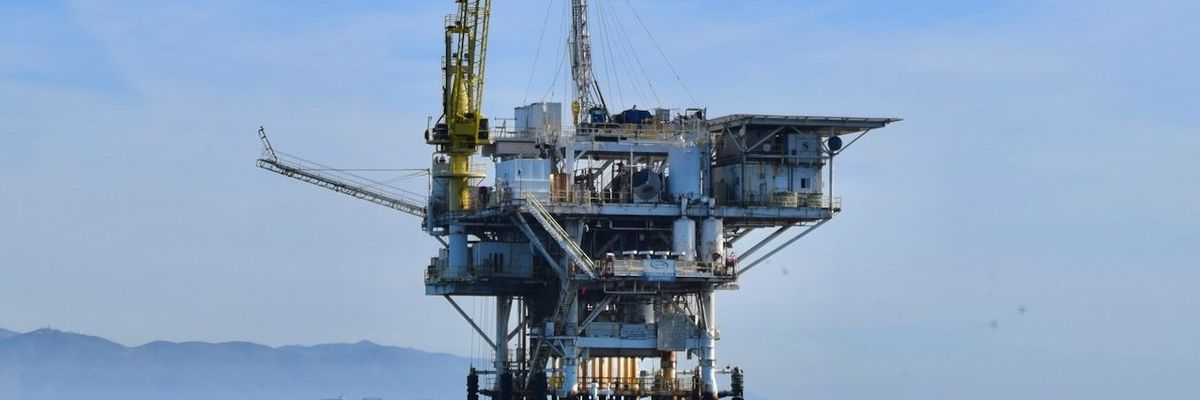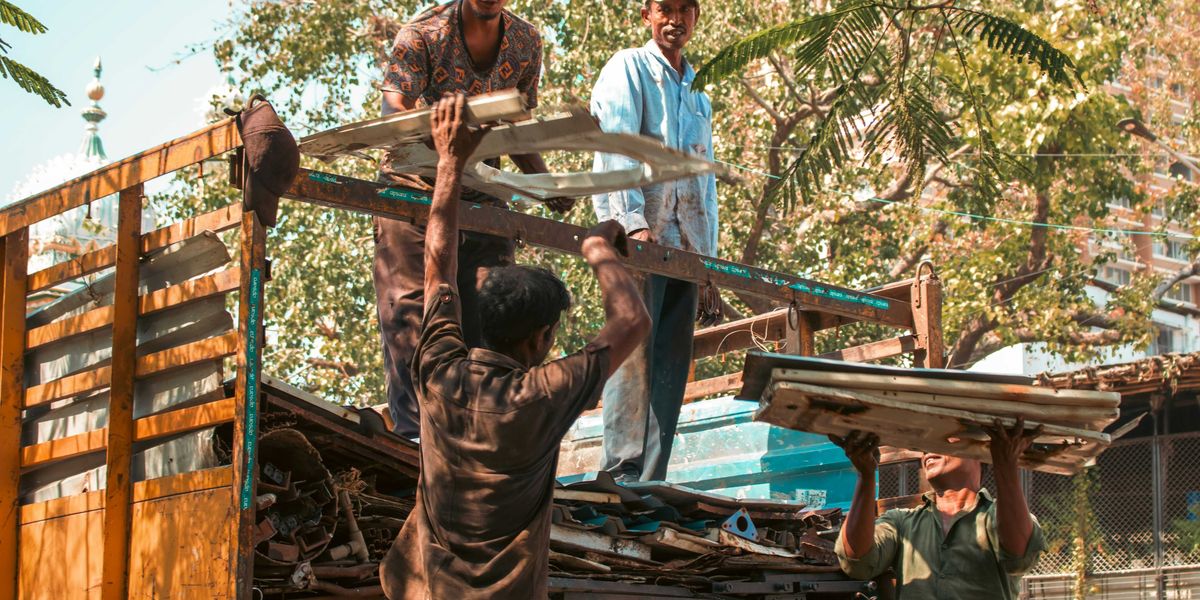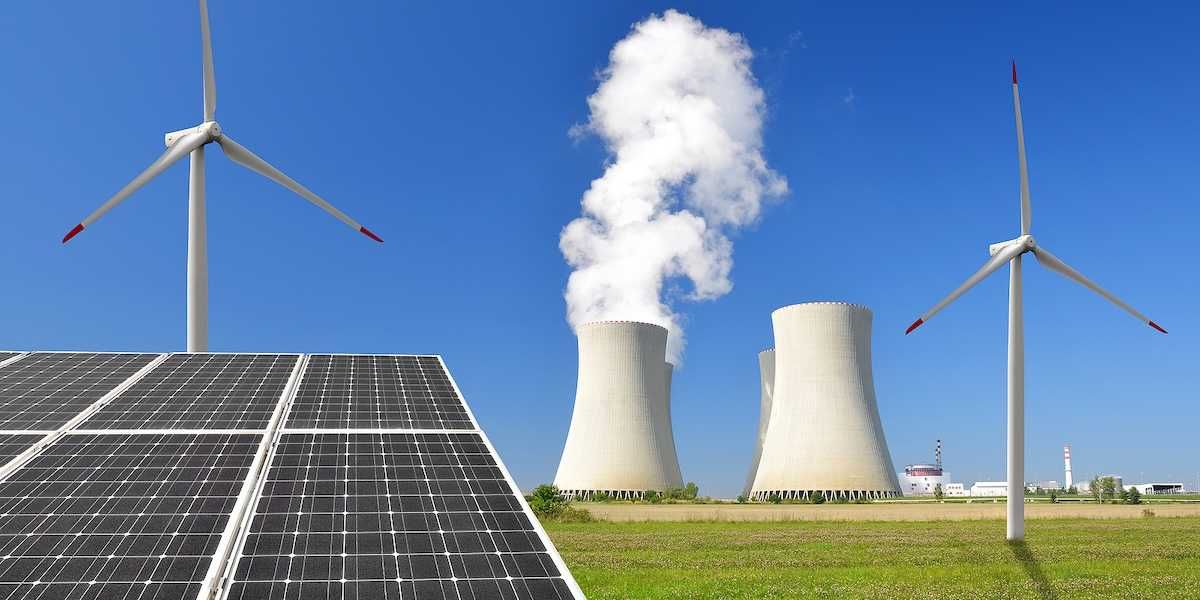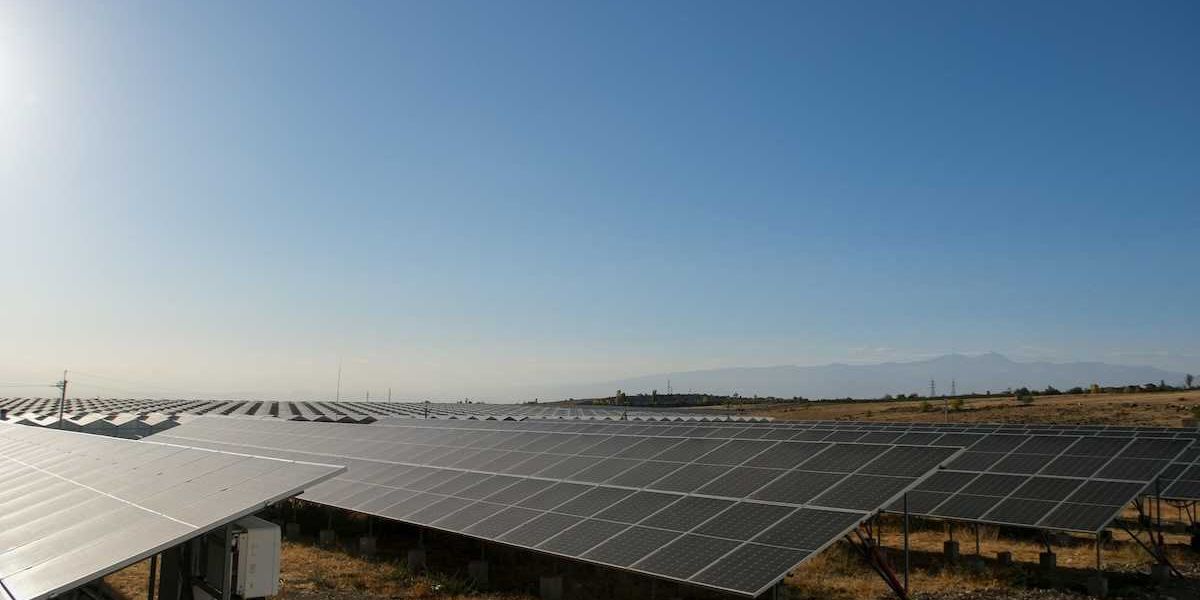south dakota
Proposed carbon pipeline will miss some ethanol plant emissions
The planned $8 billion carbon pipeline in South Dakota promises to capture CO2 from ethanol fermentation but will leave emissions from fossil-fuel-powered equipment untouched.
In short:
- The pipeline aims to capture up to 18 million metric tons of CO2 from ethanol fermentation annually, but leaves 7 million tons from machinery emissions.
- CO2 from gas-powered equipment is harder to capture and more expensive due to its mixed composition.
- A report suggests ethanol production could achieve net-negative emissions by 2040 through carbon capture and other sustainability efforts.
Key quote:
"This is both a giant pipeline project and a drop in the bucket."
— Daniel Sanchez, assistant professor at the University of California-Berkeley’s Department of Environmental Science, Policy and Management
Why this matters:
Capturing only fermentation emissions limits the pipeline's environmental impact. Broader efforts are needed, including reducing natural gas use at ethanol plants, to meaningfully cut greenhouse gases.
Wind energy company plans new 68-turbine project in South Dakota
An energy company is seeking approval to build a $621 million wind farm with 68 turbines in northeastern South Dakota.
In short:
- Chicago-based Invenergy, through its subsidiary, Deuel Harvest Wind Energy South, aims to install 68 turbines over 54 square miles near Brandt in Deuel County.
- The project is expected to generate $78 million in payments to landowners and $38 million in property tax revenue over 30 years, with 243 jobs during construction and eight long-term jobs.
- Public interest parties have until August 27 to apply for “intervenor” status to participate in the permitting process.
Key quote:
“South Deuel Wind has entered into long-term, voluntary lease and easement agreements for the placement of Project Facilities with private landowners within the Project Area.”
— Invenergy application
Why this matters:
By harnessing wind power, the project is expected to offset a considerable amount of greenhouse gas emissions, aligning with national and global efforts to combat climate change. However, the proposal is likely to face scrutiny from local communities and environmental advocates concerned about potential impacts on wildlife and landscapes. Wind turbines, while a clean energy source, can pose threats to bird and bat populations and may alter natural habitats.
South Dakota's latest legislative effort to restrict eminent domain for carbon pipelines falls short
In a close vote, South Dakota's House Commerce and Energy Committee rejected a bill aimed at preventing carbon sequestration pipelines from using eminent domain, continuing a contentious debate over property rights and environmental concerns.
In short:
- The proposed bill sought to limit eminent domain for pipelines transporting carbon dioxide primarily for sequestration, rather than commercial use.
- The rejection reflects a clash between protecting landowner rights and supporting the state's ethanol industry, which relies on the pipeline for environmental compliance.
- The debate highlights broader issues of climate change mitigation and the role of carbon sequestration in national environmental strategies.
Key quote:
“We have decided as a nation that we don’t want carbon dioxide in the environment because of concerns about climate change. I understand some of us in South Dakota would like to argue with that.”
— David Owen, South Dakota Chamber of Commerce and Industry
Why this matters:
This decision underscores the complex balance between environmental responsibility and individual property rights, a dilemma central to national discussions on climate change and sustainable infrastructure development.
Rising crop insurance payouts: Hidden cost of climate change
South Dakota farmers have received nearly $10 billion in payouts from the Federal Crop Insurance Corp. over roughly the past two decades, with payments specifically due to weather disasters rising significantly during that time.
Carbon pipeline company's water-rights application sparks opposition
A different kind of pipeline project scrambles Midwest politics
Which state is winning at renewable energy production?
Can you guess which state generates the largest fraction of its electricity from renewable sources?

